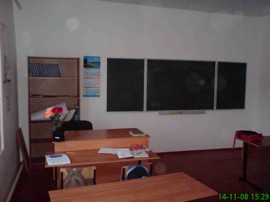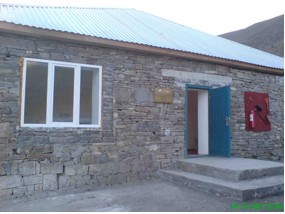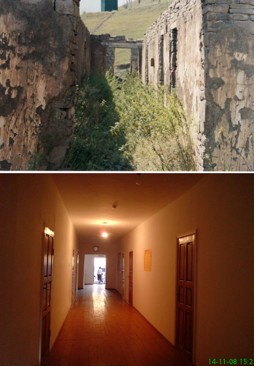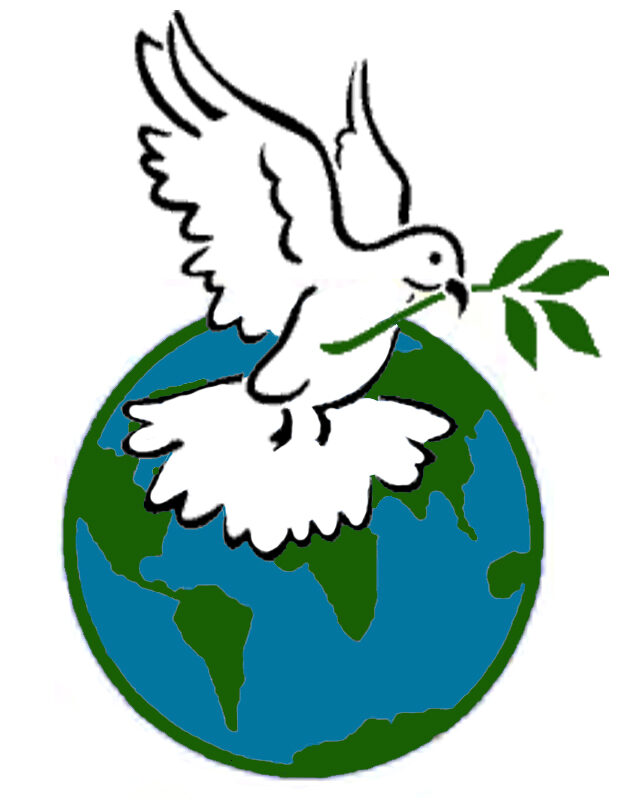 Introduction
Introduction
The children of the village of Sharoi have been without a school from 1999 to 2008, after the original school building was largely destroyed during bombardments in the second Chechen war from 1999-2000. Sharoi is deep in the mountains in the South of Chechnya, and access to other villages from it is limited. The children’s education was therefore severely limited to ad hoc lessons in homes in the village, and when possible to making trips of several miles, sometimes on foot, to the nearest neighbouring village.
Work Conducted
The work at the school in Sharoi has been completed, and the Ministry of Education of Chechnya is currently running the school, providing the necessary funding and supervision for the school to operate, including paying teachers’ wages, maintaining the school. The Ministry of Education will continue to run the school over the long-term now that the building has been rebuilt and can provide adequate provision for classes. The school opened for the new term on 1st September 2008.
The population of the village of Sharoi is 520 people, and the number of children attending the school is 62. This includes 31 children attending classes 1-4; 25 children attending classes 5-9, and 9 children in classes 10-11. There are 35 boys, 25 girls and 12 teachers. One of the children is disabled and five are orphans. There are now six classrooms in the school, as previously before the devastating damage inflicted to the building before the war. The school, as many others in Chechnya today, works in two shifts.
Please see further data regarding the school and the work conducted below:
District: Sharoi region
City/town/village: Sharoi
Degree of damage (1-5): 5
School: No.1 secondary
Work being conducted: Full repairs, including laying floors, ceilings, building walls, roof, plastering, installing electrics, heating system (wood boiler)
Population of town/ village: 520
Total number of children 6-18 years: 62
Number of pupils classes 1-4: 31
Number of pupils classes 5-9: 25
Number of pupils classes 10-11: 9
Number of shifts: 2
Number of boys/ girls/ teachers: 36/26/12
Psychologists: no
Number of classrooms available before rebuilding: 0
Number of classrooms after rehabilitation: 6
Electricity/ gas/ heating/ water: no/no/no/no
Latrines/ lavatories: no/yes
Medical room: no
Canteen: no
Gymnasium/ playground: no/no
Number of disabled children: 1
Number of orphans/ semi-orphans: 8
The grant of £6000 from QPSW was used to fund the replacing the school roof, including the wooden framework, insulation, tin sheeting, guttering and drain pipes. The costs of both building materials and labour were covered by the grant. The actual costs of repairing the roof rose to £8120.
 The full cost of the repairs to the school was £31,600 – £7600 more than expected. This included the rebuilding of walls, roof, laying of floors, ceilings, plastering, installing electrics, heating system (wood boiler) and installation of doors and windows. The majority of the shortfall in funds was covered by additional funds from UNICEF (see more details below in ‘Problems in Implementing the Project’) as well as some additional funds from Peacebuilding UK.
The full cost of the repairs to the school was £31,600 – £7600 more than expected. This included the rebuilding of walls, roof, laying of floors, ceilings, plastering, installing electrics, heating system (wood boiler) and installation of doors and windows. The majority of the shortfall in funds was covered by additional funds from UNICEF (see more details below in ‘Problems in Implementing the Project’) as well as some additional funds from Peacebuilding UK.
All building materials for the project were purchased locally in Chechnya from local suppliers. This helped to reduce the environmental impact of transporting such supplies, although they did have to be transported up into the mountains from Grozny along narrow and at times perilous mountain roads. The timber purchased was from sustainable forests in the region. The building has been insulated, thereby reducing the loss of heat as much as possible.
Problems in Implementing the Project
A truck transporting building supplies to Sharoi skidded off the road and fell down into a small ravine in March 2008. The materials lost had been funded by UNICEF. As the materials were lost, UNICEF fortunately agreed to replace them, which is partly the reason for the project expenditure having increased above the budgeted amount. A recent earthquake in the Chechen mountains has caused landslides that have now completely closed this road. The further reason for this was the substantial increase in the costs of building materials in Chechnya and Russia as a whole.
There is currently a problem of insufficient number of school desks at the school. Peacebuilding UK’s partner, the ‘Centre for Peacebuilding and Community Development’ Russian charitable fund, is assisting the school authorities to find a solution to this problem with the Chechen Ministry of Education, which initially expressed that it would provide all such furniture.
Conclusion
The teachers, pupils and parents of Sharoi school have expressed their sincerest gratitude to all of those people and bodies that supported the rebuilding of their school, including QPSW. Eight years was a significant amount of time for the children and families of the village to be without a school, and its re-opening marks an important step for them in rebuilding their lives after the destruction of the war, and to restoring their educational system.
